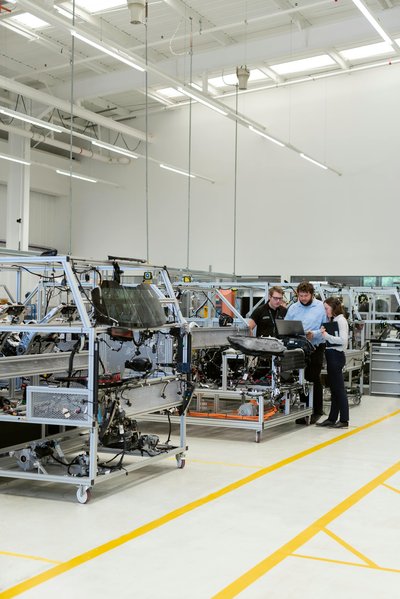Explore the future of technology
Halys Digital brings you the latest news, in-depth analyses, and expert insights across hardware, smartphones, gaming, and digital marketing. Stay informed with comprehensive guides and reviews that help you navigate the ever-evolving tech landscape.
What Our Readers Say
Join thousands who rely on us for tech knowledge
Halys Digital has become my go-to resource for staying current with tech trends. The articles are well-researched and the gaming coverage is exceptional. I check the site every morning with my coffee.
The smartphone reviews here are incredibly detailed and unbiased. I've made several purchase decisions based on their thorough analyses. The writing is clear and accessible even for complex topics.
As a digital marketing professional, I appreciate the quality of their marketing insights. The articles go beyond surface-level advice and provide actionable strategies. Highly recommended for anyone in the industry.
Latest articles
Our recent publications

How Can Emerging Technologies in UK Computing Hardware Impact Everyday Life?
The UK is witnessing noteworthy advancements in computing hardware that are shaping the future of te...
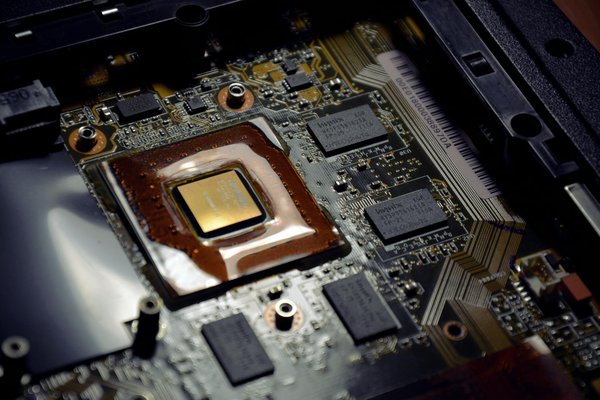
How Does the Future of UK Computing Hardware Impact Everyday Users?
The UK computing hardware trends are rapidly shifting as innovation accelerates across several secto...

What Are the Latest Hardware Trends in UK Computing?
The UK computing hardware market in 2024 is experiencing steady growth, influenced by rapid developm...

How is the UK transforming the future of robotics?
The UK has demonstrated strong leadership and investment in robotics through focused strategies. Gov...

What Challenges Does AI Face in UK's High-Tech Industry?
The UK faces several AI technology challenges that slow progress within its high-tech sector. A prim...

What impact does 5G technology have on UK computing advancements?
Unlocking unprecedented capabilities in technology...

How is cloud computing revolutionizing data management in the UK?
Cloud computing has revolutionised data storage UK, shifting organisations from physical servers to ...

How is the Evolution of Internet Technology Transforming Society Today?
Recent internet technology advancements have profoundly influenced how society interacts, works, and...

What impact does the internet have on the UK's educational system?
The impact of internet on UK education has been transformative, reshaping how students learn and tea...

How Can Cloud Computing Revolutionize Digital Marketing in the UK?
Cloud computing impact on UK digital marketing is profound and far-reaching. By enabling flexible da...

How Can Small UK Businesses Leverage Computing to Enhance Their Marketing Strategies?
Computing solutions for UK small businesses are reshaping how marketing efforts unfold, offering too...

How is data analytics reshaping the marketing landscape in the UK?
Data analytics in UK marketing has dramatically reshaped how brands engage customers. Advanced analy...
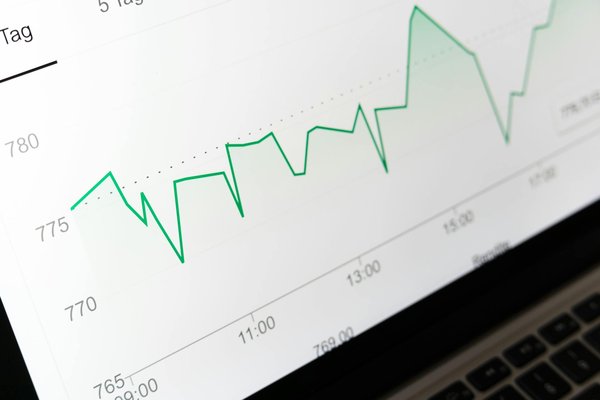
How Can the Latest UK Computing Innovations Transform Classroom Learning?
Exploring how the latest technologies are transforming education today...
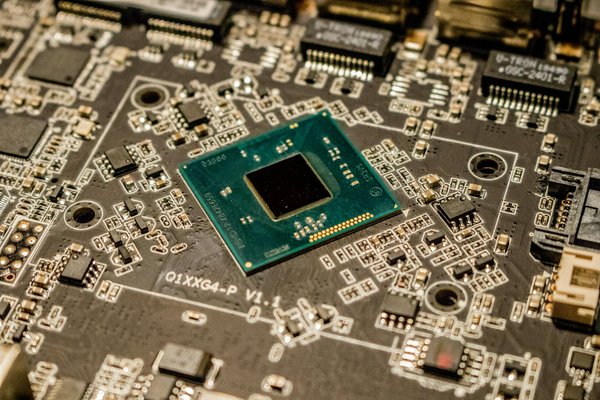
How Does Emerging Technology Reshape the UK Computing Landscape?
The UK computing sector stands as a crucial pillar of the nation's economy, reflecting rapid growth ...

What Are the Latest Developments in UK Computing Technologies?
Recent UK computing breakthroughs have significantly influenced global technology landscapes. Leadin...
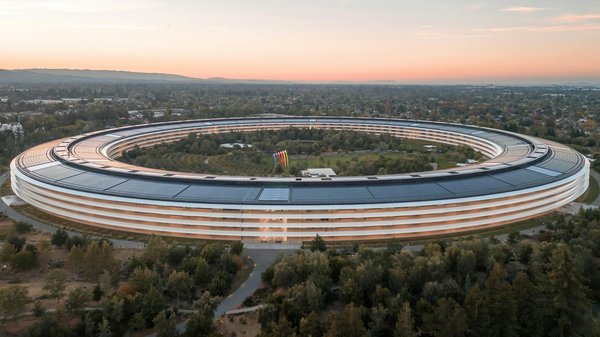
How are smartphones changing social interactions in the UK?
Smartphone usage in the UK has seen significant growth over the past decade, with adoption rates now...

How do smartphones influence the UK's tech innovation landscape?
Smartphones have been a crucial catalyst in accelerating UK technological advancements. By embedding...
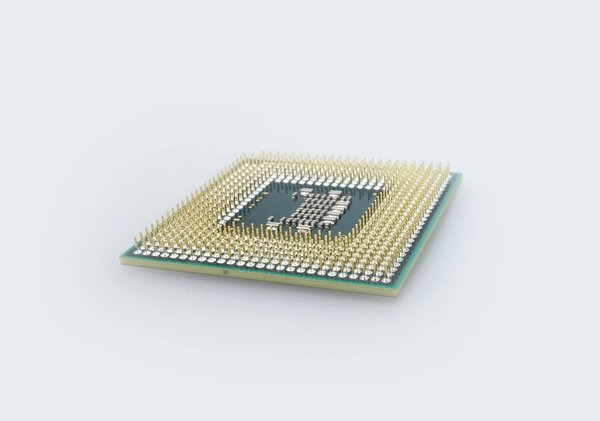
What Are the Key Factors Driving the Popularity of Smartphones in the UK?
In the UK, smartphone adoption has surged due to pivotal technological advancements transforming mob...

How Can Video Games Influence the UK Computing Industry?
Video games have significantly influenced technological innovation within the UK computing industry....
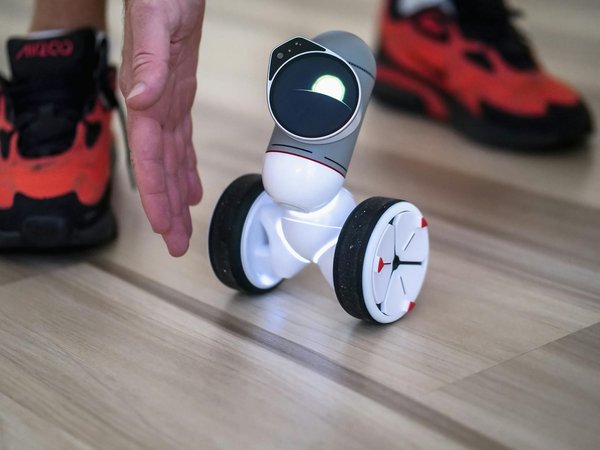
What impact does UK video game music have on player experience?
UK video game music plays a crucial role in establishing the atmosphere and emotional tone that shap...

What role does diversity play in the UK video game development scene?
The UK game industry demographics reveal a gradual, yet insufficient, shift toward inclusivity. Rece...

